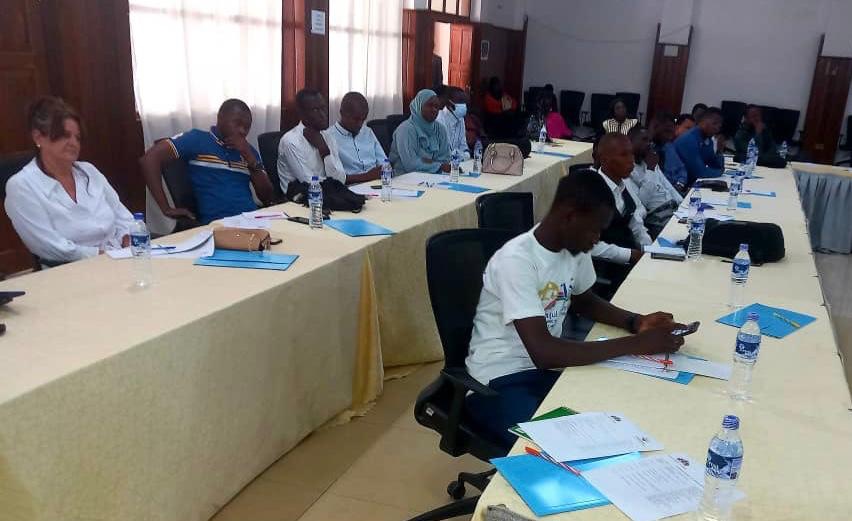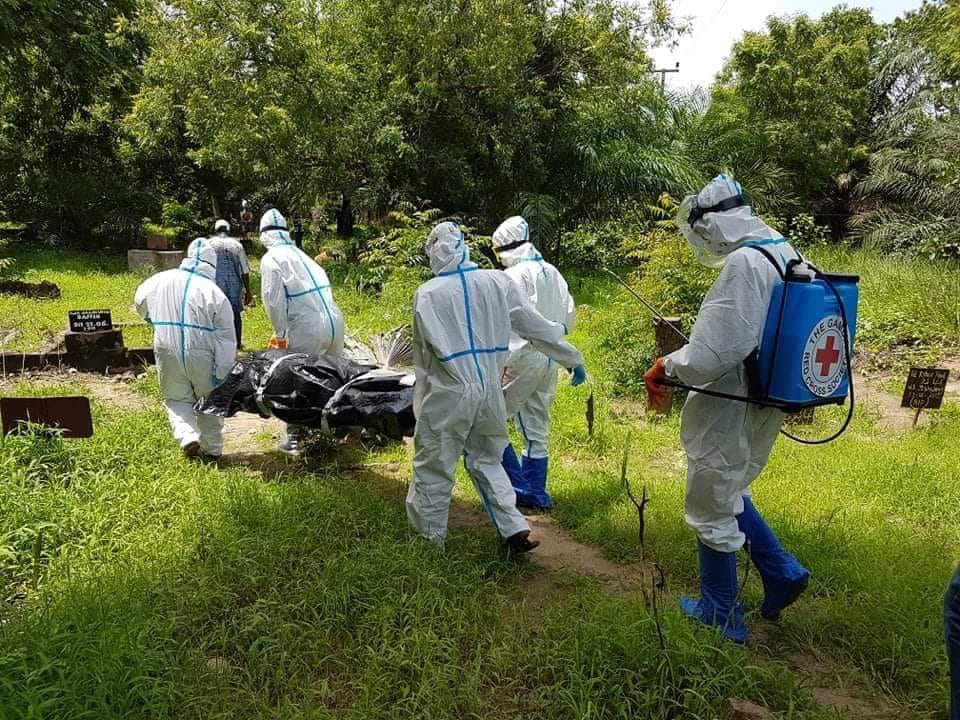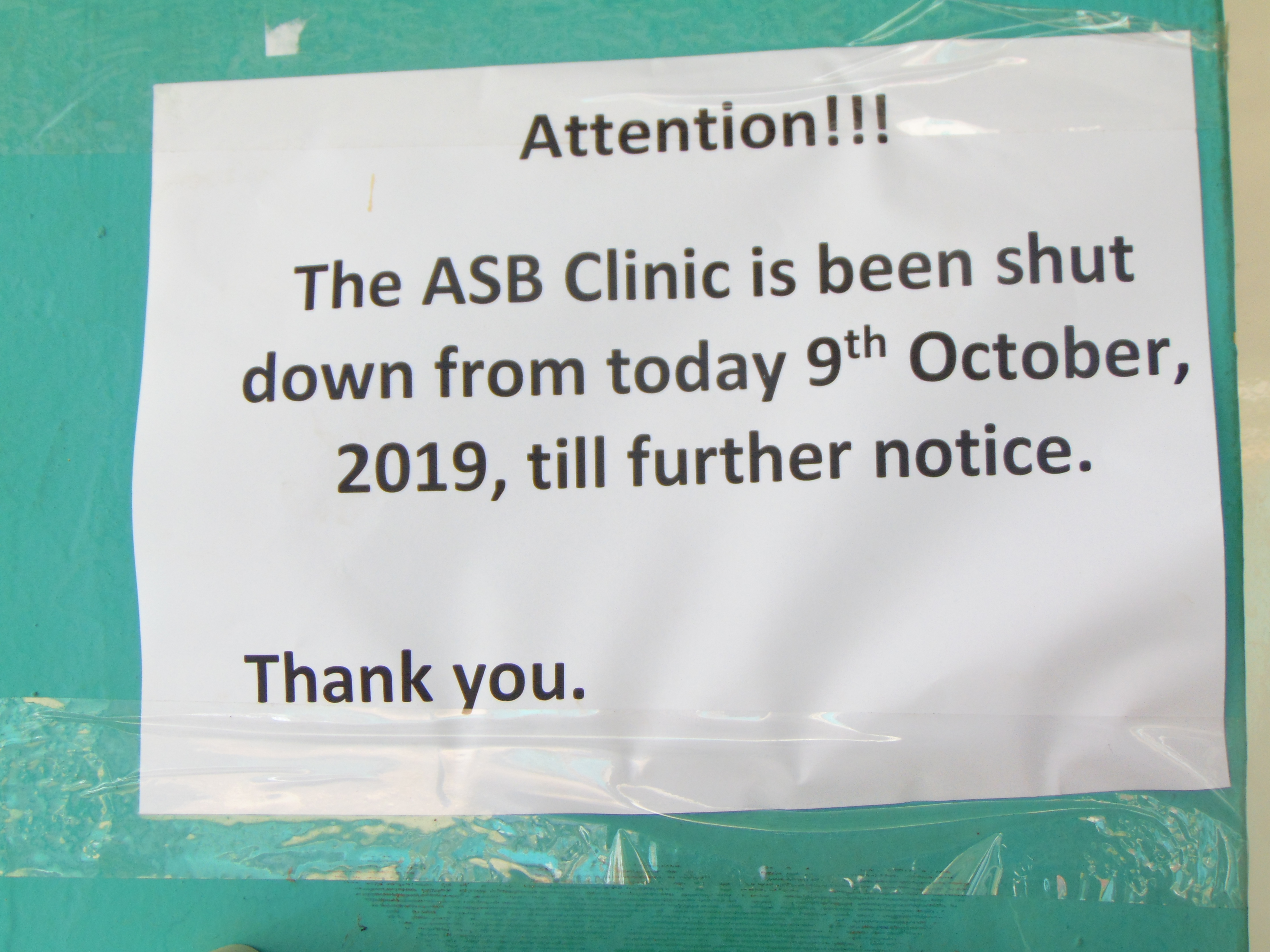By Binta Jaiteh
The Ministry of Health in collaboration with Fatoumatta Bah Barrow Foundation and the World Health Organization launched epilepsy clinics.
The project is under the Global Epilepsy Needs Survey (GENS), which aims to achieve transformational social change for people with epilepsy.
During the opening ceremony, held at Paradise Suits hotel, Deputy Director of Health Services at Ministry of Health, Dr Momodou T. Nyassi says Epilepsy is a neurological disorder characterized by recurring seizures and affects millions of lives across the globe.
He notes that despite the advancements in medical science and technology, epilepsy management remains a challenge for both patients and healthcare providers.
He says the clinic aims to bridge that gap and provide comprehensive, specialized care to those in need.
“Our epilepsy clinic is designed to offer a multidisciplinary approach, bringing together an exceptional team of experts from various fields such as neurology, neurosurgery, psychiatry, psychology, and pharmacology,” she stated.
According to Nyassi, the collaborative effort ensures that patients receive thorough evaluations, accurate diagnoses, and personalized treatment plans tailored to their unique needs.
He said the health ministry would work with relevant stakeholders to equip these clinics with cutting-edge diagnostic tools, enabling them to conduct comprehensive assessments, including electroencephalography (EEG), magnetic resonance imaging (MRI), and genetic testing.
“We will be proud, if our epilepsy clinics ensure seamless coordination and communication between the healthcare team, enabling us to provide ongoing, comprehensive care to our patients,” he remarked.
Dr Nyassi thanked everyone who contributed to the establishment of the clinics, which would make a significant impact on the lives of those living with epilepsy, providing them with hope and a path to a brighter and healthier future.
Chief Medical Director EFSTH, Muhammed AlJafara highlighted that, EFSTH has long been committed to providing comprehensive, compassionate, and cutting-edge care to all patients.
He expressed readiness to support the GENS project as the hospital recognize the critical importance of the survey, which aims to identify the unmet needs of individuals living with epilepsy—a population that often faces significant challenges, including stigma, lack of access to medication, and inadequate medical support.
“Our vision for epilepsy in The Gambia is for each and every one living with the condition to receive adequate diagnosis, treatment and live their full potential” said President and Co- founder of Foundation for Epilepsy and Stigma Support Gambia (FESS), Mrs Adam Jallow Janneh.
She explains that FESSGam is a chapter of International Bureau for Epilepsy (IBE) and a member of numerous institutions at the forefront in the fight to make epilepsy a global health priority and end the disparities between people living with epilepsy in HICs and LMICS.
“Epilepsy is a neurological condition affecting over 60 million people worldwide. It is the most common neurological disease as identified by WHO. 80% of people with epilepsy live in LMICS,” Adam stated.





